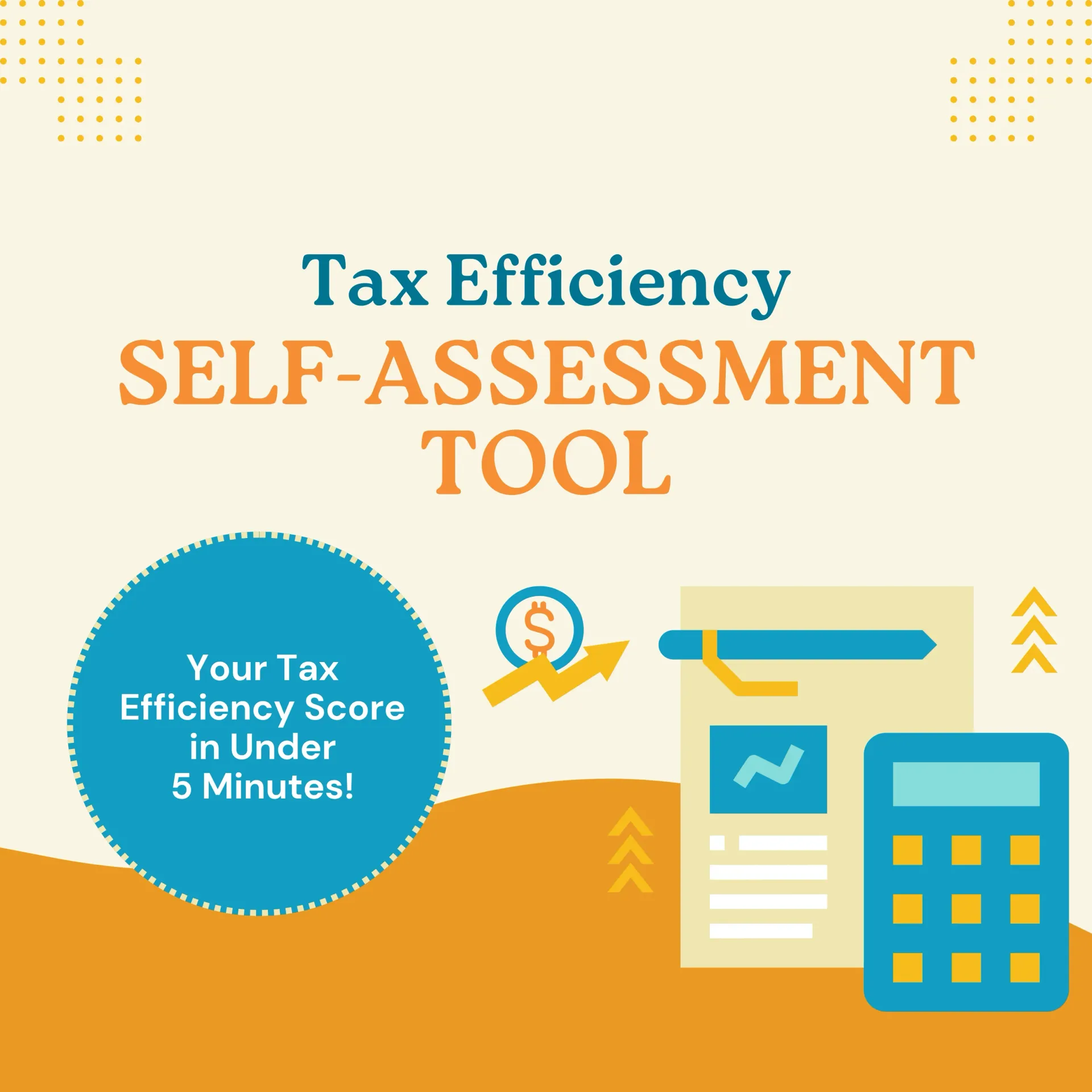The Financial Implications of Starting a Non-Profit Organization
The Financial Implications of Starting a Non-Profit Organization
1. Understanding Tax-Exempt Status
One of the first things you’ll want to consider is obtaining tax-exempt status. This is often one of the most attractive aspects of starting a non-profit. When your organization qualifies under section 501(c)(3) of the Internal Revenue Code, it means that you won’t have to pay federal income tax on money earned through donations and grants. However, this status comes with strings attached.
For example, you must ensure that your activities align with your stated charitable purpose. If you start straying into profit-making ventures, you could risk losing that coveted status. I once knew a passionate founder who began hosting paid workshops to fund their mission but didn’t realize they needed to report those earnings. They faced hefty penalties and had to scramble to get back in compliance.
2. Unique Accounting Practices
Unlike for-profits, non-profits must adhere to specific accounting practices designed to maintain transparency and accountability. This often involves using fund accounting, which tracks revenues and expenses by individual funds rather than by overall profit and loss.
Imagine you’re running a food bank and receiving donations earmarked for different programs—like meal delivery or community outreach. Fund accounting allows you to keep those funds separate, ensuring that each program receives its fair share without mixing things up. This level of detail is not only crucial for compliance but also builds trust with your donors.
3. Compliance and Reporting Requirements
When it comes to compliance, non-profits are under a microscope. You’ll need to file Form 990 annually with the IRS, which provides an overview of your organization’s finances and activities. This isn’t just a formality; it’s how you demonstrate accountability to your stakeholders.
In many states, you'll also need to file annual reports and maintain good standing with state agencies. For instance, if you're based in New Jersey, you'll need to file an annual report with the Department of Treasury and register for charitable solicitation if you're raising funds from the public. Failing to meet these requirements can lead to penalties or even loss of your tax-exempt status.
4. Fundraising Regulations
Navigating fundraising regulations can feel like walking through a minefield—one wrong step and boom! Each state has its own rules about how you can solicit donations, whether online or offline. Some require registration before you can even ask for funds.
Let’s say you’re planning a charity event in multiple states; you'll need to research each state’s requirements thoroughly. I once attended a fundraiser that was shut down mid-event because they hadn’t registered in that state! Talk about an awkward moment when everyone had to pack up and go home.
5. Budgeting for Sustainability
Creating a budget for your non-profit is more than just balancing income and expenses; it’s about ensuring sustainability for your mission over time. Many new non-profits underestimate how much they’ll need for operational costs versus programmatic costs.
Consider this: if your mission is to provide educational resources for underprivileged children, how much will it cost not just for materials but also for staff salaries, rent, utilities, and marketing? A well-thought-out budget will help you allocate resources effectively while ensuring that your programs can thrive long-term.
Real-Life Example: The Community Garden Initiative
Our CPA firm once worked with a community garden initiative that started as a small project funded entirely by volunteer contributions. Initially, they didn’t think much about budgeting or compliance—until they received a large grant from a local foundation. Suddenly, they were accountable not just for their spending but also had to report their progress regularly!
They quickly learned the importance of budgeting and maintaining accurate records—not just for themselves but also for their donors who wanted transparency about how their contributions were being used.
Conclusion
Starting a non-profit organization is an incredible journey filled with opportunities to make meaningful change in the world. However, understanding the financial implications—from tax-exempt status and unique accounting practices to compliance requirements—is crucial for long-term success.
As you embark on this journey, remember that knowledge is power! Equip yourself with the right tools and information so that your organization doesn’t just survive but thrives in its mission. Whether it's through meticulous record-keeping or understanding fundraising regulations, every step counts toward building a sustainable future for your cause.
So take heart! With careful planning and attention to detail, your non-profit can become a beacon of hope in your community—and beyond!
Discover Your Tax Savings Score in Minutes!


Salim is a straight-talking CPA with 30+ years of entrepreneurial and accounting experience. His professional background includes experience as a former Chief Financial Officer and, for the last twenty-five years, as a serial 7-Figure entrepreneur.




